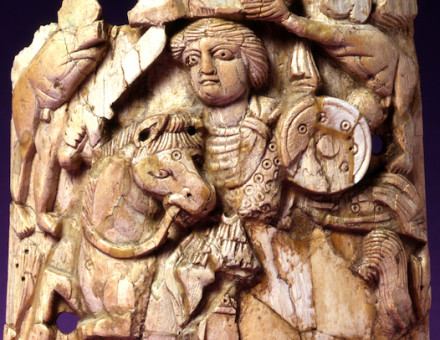All Cleanly Wrapped
The case against swaddling developed by Rousseau, Locke and various others of that time concentrated entirely on its bad effects on the infants' physique.
This was a reasonable criticism, given that over-tight banding sometimes killed children by restricting breathing capacity, and there are many mentions too of the way that arms and legs might emerge twisted at the end of a process supposedly there to ensure they grew firm and straight. Getting rid of this barbarous practice was a major act of liberation, equivalent to convicts losing their leg-irons or madmen their straitjackets. But because it only affected mankind at the baby stage, historians have shown little interest in it, although psychologists have been quick to draw their conclusions. For Erik Erikson, the deprivations of swaddling contrasted with the few moments of freedom when the bands were changed explained the constant alternation between long depressions and sudden, orgiastic outbursts found in so many nineteenth-century literary descriptions of the Russian character.





